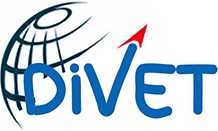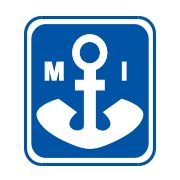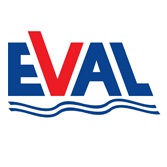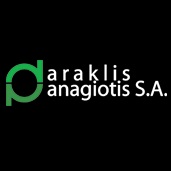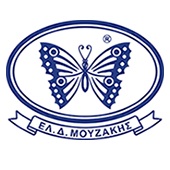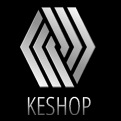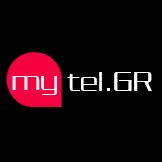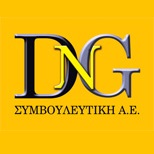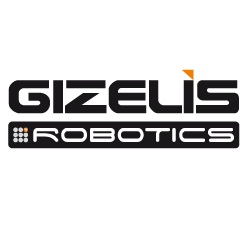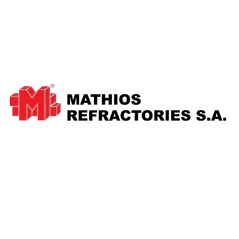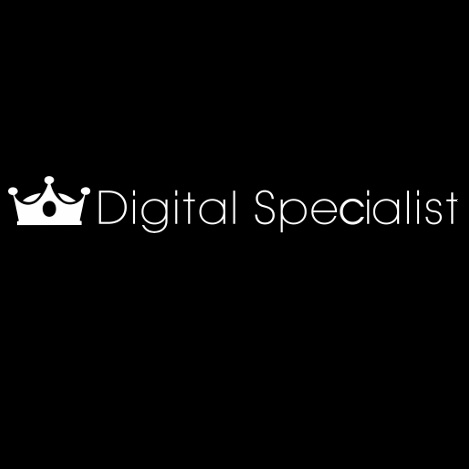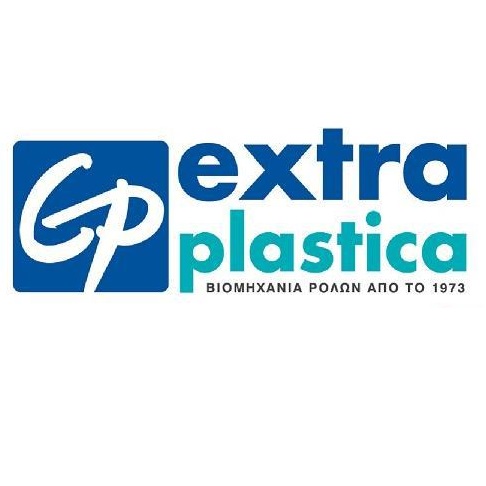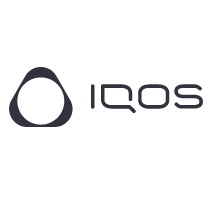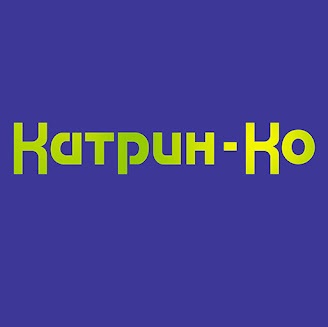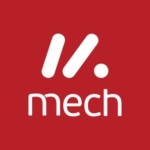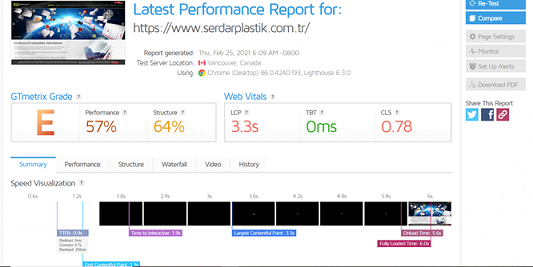
The main target groups of the project are students willing to work in the field of internet and social media based marketing and companies (mainly SMEs) active in the sector.
The SMEs are going to be reached first of all through direct contact through their membership in chambers of commerce and professional associations. The project consortium includes one representative of the enterprises in each country. These organisations are in a very good position to communicate directly with their members and inform them about the project. Since the project is going to focus on internet based and social media exports, online advertisement is also going to be used in order to advertise widely the results of the project through internet. A facebook page is going to be developed for the project, through which invitations are going to be made to various SMEs to join the page in order to stay informed regarding the project’s results and activities. Apart from the facebook campaign, internet promotion will include also: postings in SMEs social networks, posting in listservs, use of online databases for contacting SMEs (always taking into consideration the new regulations related with personal data protection) etc.
Online advertisement is going to be also an important channel to reach VET students especially young students. For this reason, specific attention is going to be paid in advertisement through Facebook and other social networks. Newsletters are also a channel that is going to be used in order to reach the VET students. VET organisations have their own networks and databases in order to send the newsletter to interested participants. Through their contacts and networks, VET organisations (but also all the organisations that are involved in the project) are able to communicate directly with potentially interested participants.
